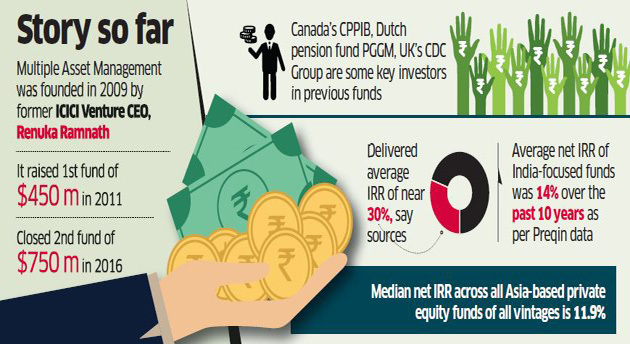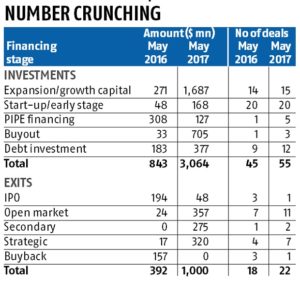 For improving the ease of doing business in India and to reduce the cost of compliance, RBI has made a review of requirements of submission of various forms and reports under FEMA and has decided to discontinue submission of 17 such returns/ reports with immediate effect.
For improving the ease of doing business in India and to reduce the cost of compliance, RBI has made a review of requirements of submission of various forms and reports under FEMA and has decided to discontinue submission of 17 such returns/ reports with immediate effect.
Discontinuation of Returns/ Reports under Foreign Exchange Management Act, 1999
1. The attention of Authorised Persons is invited to the Master Direction- Reporting under Foreign Exchange Management Act, 1999 dated January 01, 2016, as amended from time to time, and other reporting related instructions issued by the Reserve Bank of India.
2. With a view to improve the ease of doing business and reduce the cost of compliance, the existing forms and reports prescribed under FEMA, 1999, were reviewed by the Reserve Bank. Accordingly, it has been decided to discontinue the 17 returns/ reports as listed in the Annexure with immediate effect.
3. The Master Direction- Reporting under Foreign Exchange Management Act, 1999 dated January 01, 2016, shall accordingly be updated to reflect the above changes. AD banks may bring the contents of this circular to the notice of their constituents.
4. The directions contained in this circular have been issued under Section 10(4) and 11(2) of the Foreign Exchange Management Act, 1999 (42 of 1999) and are without prejudice to permissions/ approvals, if any, required under any other law.
List of Discontinued Reports
|
Sl. No. |
Name of Report |
Reporting Entity |
Frequency |
|
1 |
Category-wise transaction where the amount exceeds USD 5000 per transaction |
AD Category-II |
Monthly |
|
2 |
Category-wise, transaction-wise statement where the amount exceeds USD 25,000 per transaction |
AD Category- II |
Monthly |
|
3 |
Statement of Purchase transactions of USD 10,000 and above (including transactions of their franchisees) |
FFMCs and AD |
Monthly |
|
4 |
Extension of Liaison Offices (LOs) |
AD Category-I banks |
As and when extension |
|
5 |
Extension of Project Offices (POs) |
AD Category-I banks |
As and when extension |
|
6 |
FII/FPI daily: Daily inflow/outflow of foreign fund on account of investment by FPIs |
AD banks |
Daily |
|
7 |
FII/FPI Return (Monthly): Data relating to actual inflow/ outflow of remittances on account of investments by Foreign Institutional Investors (FIIs) in the Indian Capital market |
AD Category-I banks |
Monthly |
|
8 |
FVCI reporting: Inflows/outflows of remittances on account of investments by Foreign Venture Capital Investor (FVCIs) and Market value of Investments made by FVCIs |
AD Category-I banks/Custodian banks |
Monthly |
|
9 |
Reporting of Inflow/ Outflow details in respect of Mutual Fund by Asset Management Companies |
Asset Management |
Quarterly |
|
10 |
Market value of FII Investment in India on fortnightly basis |
AD Category-I banks |
Fortnightly |
|
11 |
Market value of FII Investment in India on Monthly basis |
AD Category-I banks |
Monthly |
|
12 |
FII holdings as percentage of floating stock |
AD Category-I banks |
Monthly |
|
13 |
Form DRR for Issue/ transfer of sponsored/ unsponsored Depository Receipts (DRs)-Hardcopy** |
Custodian |
At the time of |
|
14 |
ADR/ GDR Movement Report- two way fungibility |
AD Category-I banks |
Monthly |
|
15 |
Repatriation of Sales proceeds of underlying shares represented by FCCBs/ GDRs/ ADRs |
Custodian |
Monthly |
|
16 |
GDR/ ADR underlying shares issued, re deposited and released monthly reporting |
Custodian |
Monthly |
|
17 |
Monitoring of disinvestments by Overseas Corporate Bodies |
AD banks |
Monthly |
|
** Please note that it is only the hardcopy filing of form DRR that has been discontinued. The domestic custodian may continue to report the form DRR on FIRMS application in terms of Regulation 4(5) of FEM (Mode of Payment and Reporting of Non-Debt Instruments) |
|||
Read the RBI Notification: Discontinuation of Returns Reports under FEMA






